After the storm
- Also in TR Print Edition
- May 1, 2019
- 0
- 0
- 12 minutes read
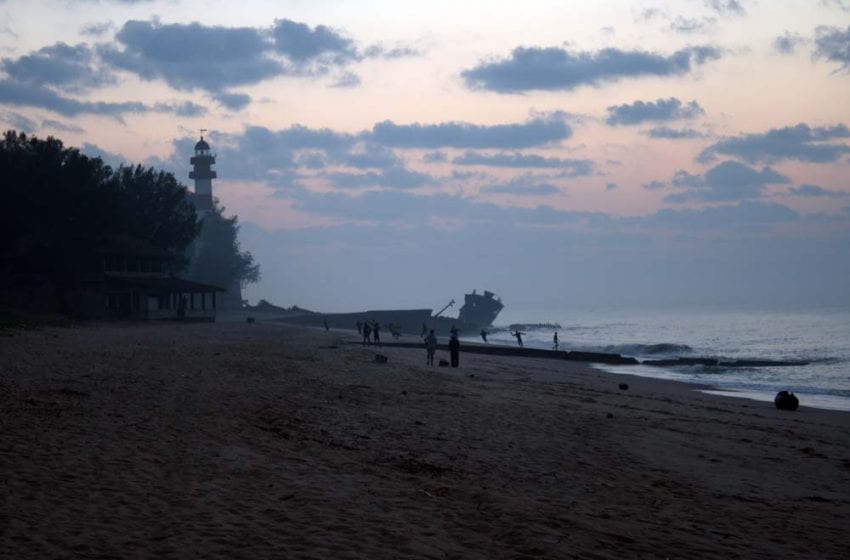
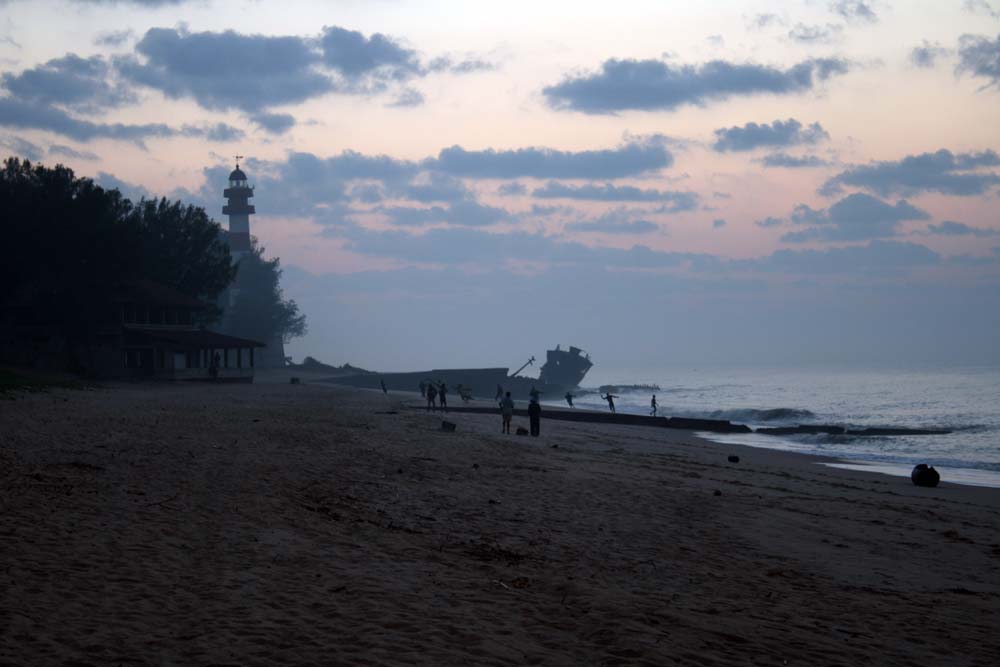
Mozambique, Malawi and Zimbabwe pick up the pieces after one of the worst weather-related disasters in southern Africa.
By George Gay
Although, in the main, tobacco production was not directly affected by tropical cyclone Idai when it struck Malawi, Mozambique and Zimbabwe in the middle of March, most major tobacco companies with connections to these countries have rallied around them with cash donations and other forms of support. This is as it should be. These countries are important tobacco industry stakeholders and their fragile economies have been hit hard by the devastation that followed in the wake of Idai.
But while such support is important, especially in the short term, it is vital for the long-term good of these countries that everyday life resumes as quickly as possible so that, even if the wheels of business and industry falter, they keep turning, and they are seen from the outside to be turning. And this is not always the picture painted by news stories and social media, which, no doubt with the best of intentions, tend to focus on the suffering that is occurring. And let’s be in no doubt: The suffering, which has included more than 1,000 deaths, has been huge. The United Nations reportedly described Idai as “one of the worst weather-related disasters in Africa” and other agencies rated it as one of the worst in the Southern Hemisphere. The storm was said to have caused extensive damage and devastated the lives of more than 2.6 million people across Mozambique, Malawi and Zimbabwe. Flood waters destroyed homes, hospitals, schools, farms and agricultural land. Roads were damaged, and bridges washed away, leaving countless people isolated in difficult-to-reach areas.
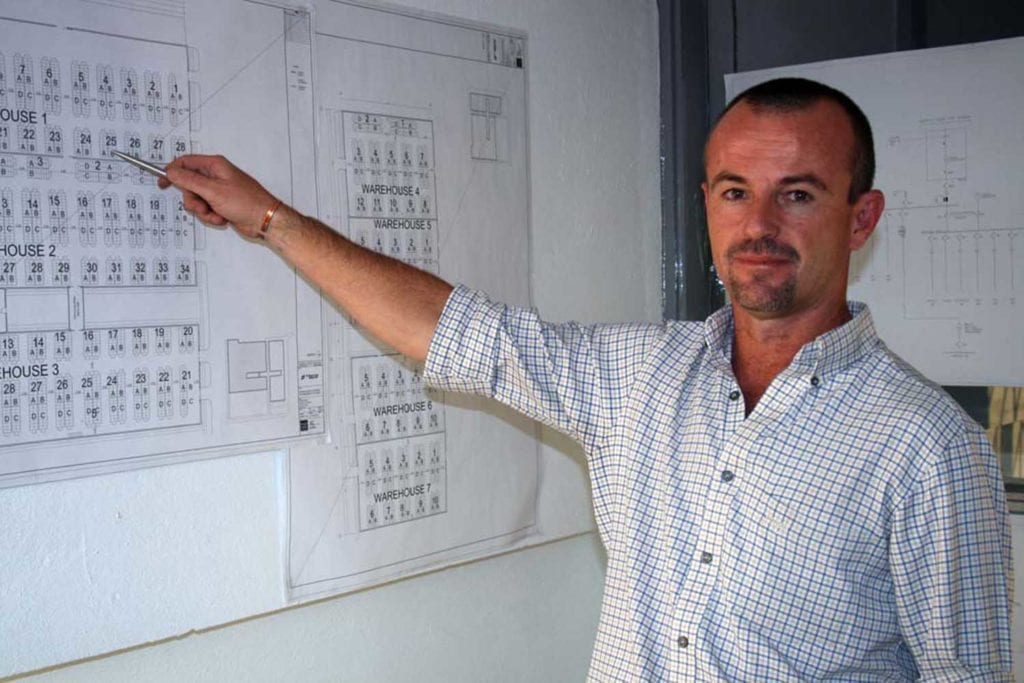
So for those of us not there, relying on news reports, it is easy to imagine that Beira, Mozambique, where Idai made landfall during the early morning hours of March 15, is out of action—underwater. In fact, one company Tobacco Reporter spoke with suggested that the biggest impact of the tropical cyclone to the tobacco business would be felt in accessing the port of Beira, through which a considerable amount of African leaf is transported. Alternative routes and ports were being sourced, it added.
But the word from Beira was, in respect of tobacco shipping at least, that the port was “open for business.” Guy Harvey, the CEO of the Transcom Sharaf Group, told me during a telephone call on April 10 that while his business had suffered “a few blows,” it would come out of the cyclone stronger than it went in and better equipped to deal with any extreme weather events in the future. The company had put a lot of time and investment into Beira, he said, building it up to handle tobacco exports. Yes, there had been damage, but then, more than ever, was the time when the business need everyone’s support. At the time of our conversation, the port was operating and the infrastructure was there, “so it’s business as usual,” he added.
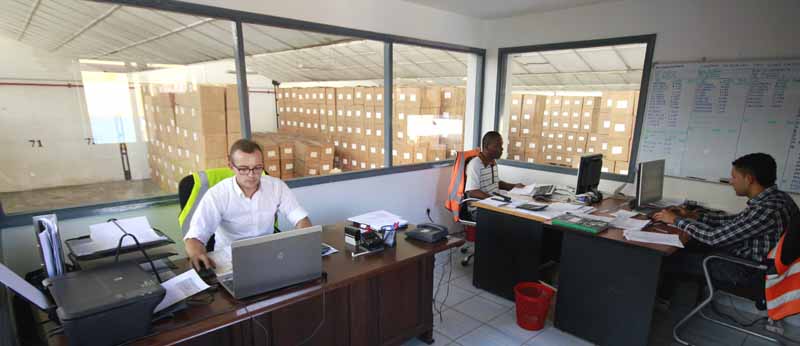
Harvey does not, however, make light of what happened. “We were expecting a storm with winds of 150 km perhr or so, and we prepared as best we could, but by the time it hit it had intensified, and we experienced winds of more than 200 km per hr,” he said. “Not much infrastructure is designed to withstand wind speeds of that magnitude. So, in Beira, there has been significant damage, though mainly due to the winds rather than the rain or flooding. The flooding that everyone has been seeing on TV was between 40 km and 100 km outside Beira.”
Unsurprisingly, with winds of such ferocity, it was roofing that bore the brunt of the damage. When the cyclone hit, Transcom was 95 percent of the way to completing its new 20,000-square-meter tobacco storage warehouse, but it lost 80 percent of the roofing on the new facility as a result of the storm and also suffered damage to the roofs of its existing warehouses. However, the structures of both the existing and new warehouses were undamaged, as was the general infrastructure of the facility.
While it seems inappropriate to speak of luck in respect of Idai, there is no doubt that Transcom was fortunate in two major ways. Because it had not finished its new facility before the storm hit, its building contractors and the machines used to extrude steel roofing sheets from coils were still on-site. It was also able quickly to order new steel from South Africa, so Harvey was expecting to start re-roofing within seven to 10 days of April 10 and to be back on track within six weeks.
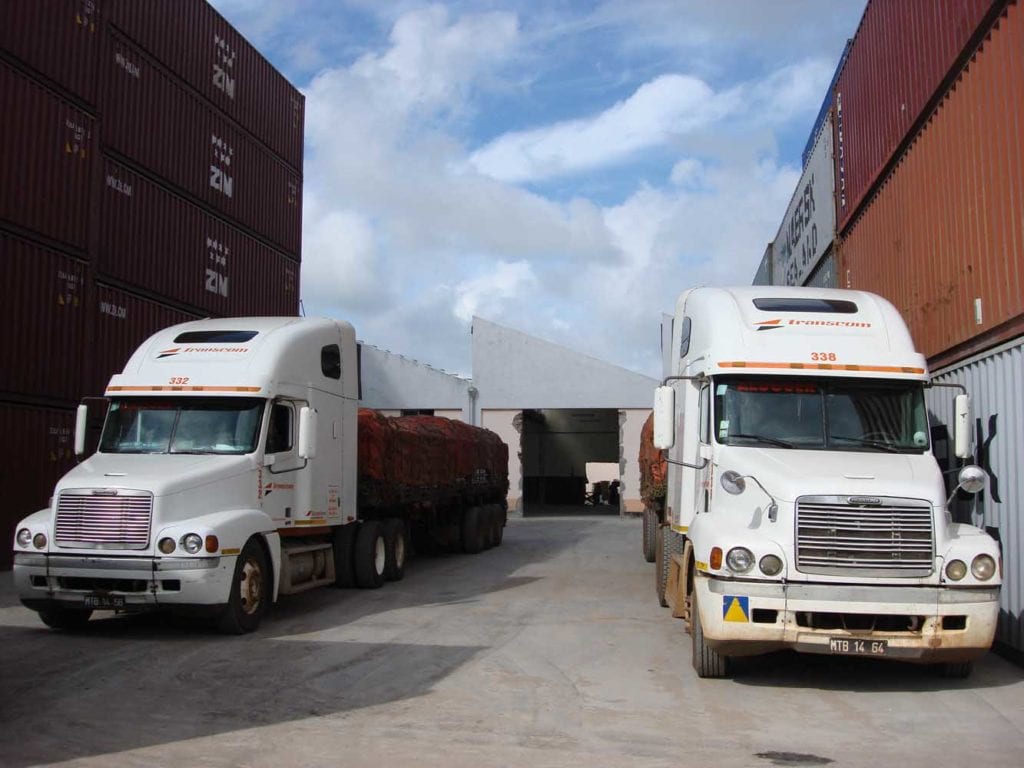
This timing is important because Transcom expects to start receiving tobacco for the 2019 season starting at the end of May or the beginning of June. And this points to the other way in which Transcom was fortunate: the fact that the cyclone hit during the off-season. February/March is the tail end of the season because most customers want tobacco shipped by the end of the financial year. If the cyclone had hit in October/November—which is peak season—it would have been a different story.
Even in March, the company had more than 500 40-foot packed containers waiting for vessels in the port when the cyclone hit, as well as another 800 packed containers in its terminal. None of these containers nor the tobacco within them was damaged and it is a measure of the port of Beira’s efficiency that all of those containers had been shipped by the time I spoke with Harvey, who had nothing but praise for the port’s operators and government departments. “The port was operating three days after the cyclone,” he said. “I must say the port of Beira operator Cornelder de Moçambique have done an unbelievable job. Not only them, though, because the government departments have done a sterling job in restoring power, restoring water supplies and reopening the main road from Zimbabwe and Malawi.”
At the same time, Transcom has been doing what it can to help its 320 employees—all of whom survived the cyclone—restore some sort of normality to their lives. All of its employees, including Harvey, lost the roofs of their houses and, as a consequence, suffered wind and rain damage to everything inside. “We have been assisting our staff where we can with roof sheeting, advances and allowances,” said Harvey. “We have arranged for them to be vaccinated against cholera, we are supplying the necessary foods that are in short supply at the moment, and we are supplying clean water and water purification tablets that they can take home so their families don’t get sick.”
Helping out

Multinational tobacco companies also were pitching in. On April 3, Philip Morris International said in a note posted on its website that it would provide the Swiss Red Cross with $400,000 to support the relief efforts in Mozambique. The company, which does not have any operations in Mozambique but sources a “significant” amount of tobacco from the country, noted that 2 million people had been affected and that thousands were in immediate need of emergency shelter, food, water and medical assistance. Beyond this, it said, the funds would be used to support people’s livelihoods in the months ahead, as needs increase for those who have lost their crops and property.
Imperial Brands told TR that it recognized how significant the impact had been on local communities. “Imperial has made a contribution of $100,000 through our suppliers to assist in relief efforts in Malawi, Mozambique and Zimbabwe,” the company said in a statement. “This contribution will be coordinated by our suppliers aligned with the aid they are giving and coordinating, mostly in the form of food, water, blankets and cooking utensils.”
Meanwhile, a British American Tobacco (BAT) spokesperson responded by saying that, as a way to support the relief efforts, BAT Southern African Area had pledged to donate the equivalent of £25,000 ($32,246) to charity organizations in the three affected countries. “Employees are also collecting clothes and other products to support the victims, which will be delivered next week,” BAT said in an email reply on April 1.
Fries Vanneste, managing director at Japan Tobacco Internation (JTI) Leaf Malawi, responded by saying JTI Malawi and its employees would be supporting contracted growers and communities affected by the floods in the coming weeks, particularly in the most impacted areas in the southern part of the country (Chikwawa). “We will join our efforts to those of other members of the Tobacco Processors Association (TPA) so that farming communities can purchase basic materials, get access to food and [a] clean water supply and rapidly resume a normal life,” Vanneste said. And just as TR was preparing to go to press, a JTI spokesperson confirmed that the JTI Foundation would provide emergency relief to victims of Idai in Malawi and Mozambique, though she was not in a position to give details.
Finally, a spokesperson for the Pyxus International and Alliance One International said donations were being collected from employees, customers and other partners worldwide, and that these would be contributed to organizations on the ground providing support to those in need of food, water, medical assistance and shelter.
Remarkably, there seemed to have been little impact on the tobacco crops of Malawi and Mozambique. Early reports indicated that Zimbabwe had suffered “significant” losses, but these were later dismissed. In fact, one report suggested the cyclone might have had a positive effect on the Zimbabwe crop because it brought much-needed rain to the Manicaland Province. Certainly, the threat of the effects of Idai to security of supply seemed negligible.
But I’ll leave the last positive message to Harvey. “Once you get over the physical and mental trauma of the whole thing, you resign yourself to the fact that you have to get things done,” he said. “I think it really focuses everyone, not only from a business perspective but from a personal perspective. I think everyone starts to better appreciate what they’ve got—what’s important and what’s not.”

